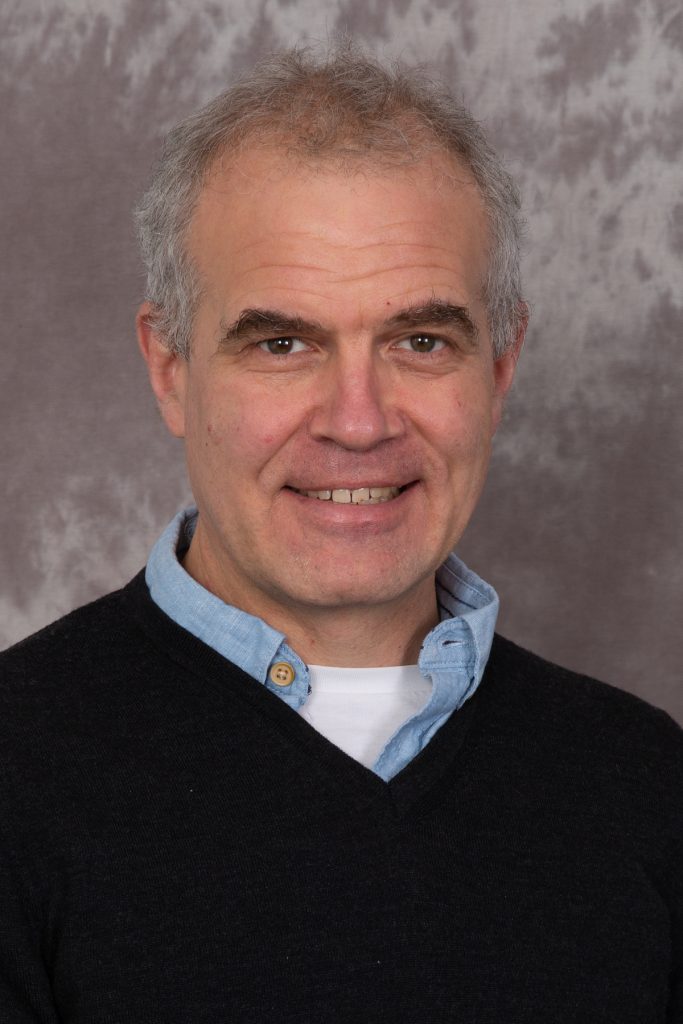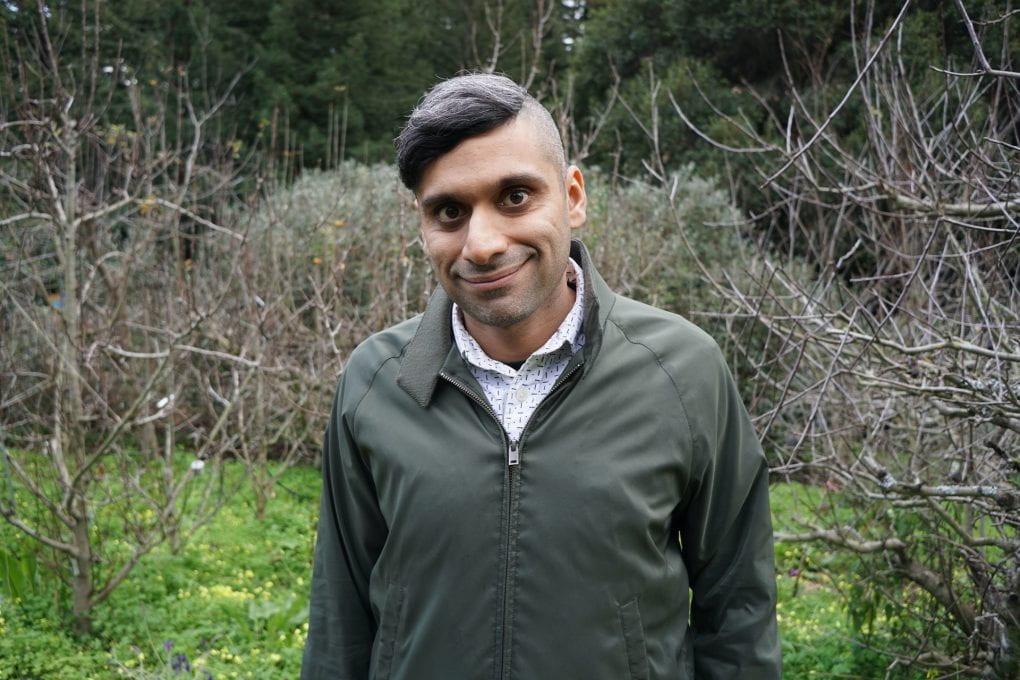How are we to understand the role of climate change in driving migration alongside the ongoing impacts of colonialism, inequality, and other defining features of racial capitalism? How is the figure of the ‘climate migrant’ represented and governed through emerging discourse and policy on climate migration, and what do these approaches inherit from ongoing histories of racism? What is necessary to mount a response to climate-induced migration that addresses the multiple crises and injustices impacting displaced peoples?
Join us Thursday, March 2nd for a conversation among Neel Ahuja and Andrew Baldwin on their respective recent books on climate migration and racial capitalism. The conversation will be moderated by UBC Assistant Professor of Geography Jemima Baada. This will be a hybrid event, with the authors joining virtually. Refreshments will be provided for in-person attendees.
Please RSVP here for virtual or in-person attendance: https://ubc.zoom.us/meeting/register/u5MucuuorzgqEtdDqorT8pxSG87N6CjkIIPM
Both texts are available as ebooks from UBC Libraries. Suggested readings from the two texts include:
Planetary Specters: Chapter 1 – Race, Insecurity, and the Invention of the Migrant; Chapter 3 – From Insecurity to Adaptation.
The Other of Climate Change: Chapter 1 – A Theory of Racial Futurism; Chapter 6 – Adaptive Migration
—


Andrew Baldwin is Associate Professor of Human Geography at Durham University. He’s the author of The Other of Climate Change: Racial Futurism, Migration, Humanism (Rowman & Littlefield, 2022) and co-editor of Life Adrift: Climate Change, Migration, Critique (Rowman & Littlefield, 2017) and Climate Change, Migration and Human Rights: Law and Policy Perspectives (Routledge, 2017).
The Other of Climate Change: Racial Futurism, Migration, Humanism
If the predictions are correct, climate change will force millions of people from their homes, threatening a future of humanitarian crises, political violence, and strife. In The Other Climate Change, Andrew Baldwin intervenes in the international political debate about climate change and human migration to tell a different story. He argues that international attempts to govern those who stand to be displaced by climate change are as much or more to do with resuscitating European humanism at a moment in which geophysical phenomena like climate change and the Anthropocene threaten to extinguish the human altogether. Through detailed interpretations of the figure of the climate migrant/refugee, Baldwin traces the contours of an emerging form of planetary racial rule – racial futurism – unfolding in the context of the climate change crisis. He shows how racial futurism takes shape as a political response to the crisis of humanism that is said to lay at the heart of the climate change crisis. Along the way, he examines numerous themes that are at the forefront of contemporary thinking about climate change and politics, including the political, humanism, sovereignty, neoliberalism, the international, and race. Ultimately, the book is a plea for scholars, activists, and policymakers to take seriously the way race and racism are bound up with the political discourse on climate change and migration and to ask what this means for the wider political debate about climate change and the future.


Neel Ahuja is a professor in the Harriet Tubman Department of Women, Gender, and Sexuality Studies at the University of Maryland College Park. Neel’s research explores the relationship of the body to the geopolitical, environmental, and public health contexts of colonial governance, warfare, and security.
Planetary Specters: Race, Migration, and Climate Change in the Twenty-First Century
In Planetary Specters, Neel Ahuja tracks the figure of the climate refugee in public media and policy over the past decade, arguing that journalists, security experts, politicians, and nongovernmental organizations have often oversimplified climate change and obfuscated the processes that drive mass migration. To understand the systemic reasons for displacement, Ahuja argues, it is necessary to reframe climate disaster as interlinked with the history of capitalism and the global politics of race, wherein racist presumptions about agrarian underdevelopment and Indigenous knowledge mask how financial, development, migration, and climate adaptation policies reproduce growing inequalities. Drawing on the work of Cedric Robinson and theories of racial capitalism, Ahuja considers how the oil industry transformed the economic and geopolitical processes that lead to displacement. From South Asia to the Persian Gulf, Europe, and North America, Ahuja studies how Asian trade, finance, and labor connections have changed the nature of race, borders, warfare, and capitalism since the 1970s. Ultimately, Ahuja argues that only by reckoning with how climate change emerges out of longer histories of race, colonialism, and capitalism can we begin to build a sustainable and just future for those most affected by environmental change.
Planetary Specters: Race, Migration, and Climate Change in the Twenty-First Century is available for purchase here: https://uncpress.org/book/9781469664477/planetary-specters/


Jemima N. Baada is Assistant Professor in the Department of Geography at the University of British Columbia. Her research examines the intersections of gender, climate change, migration, development and health in sub-Saharan Africa.
